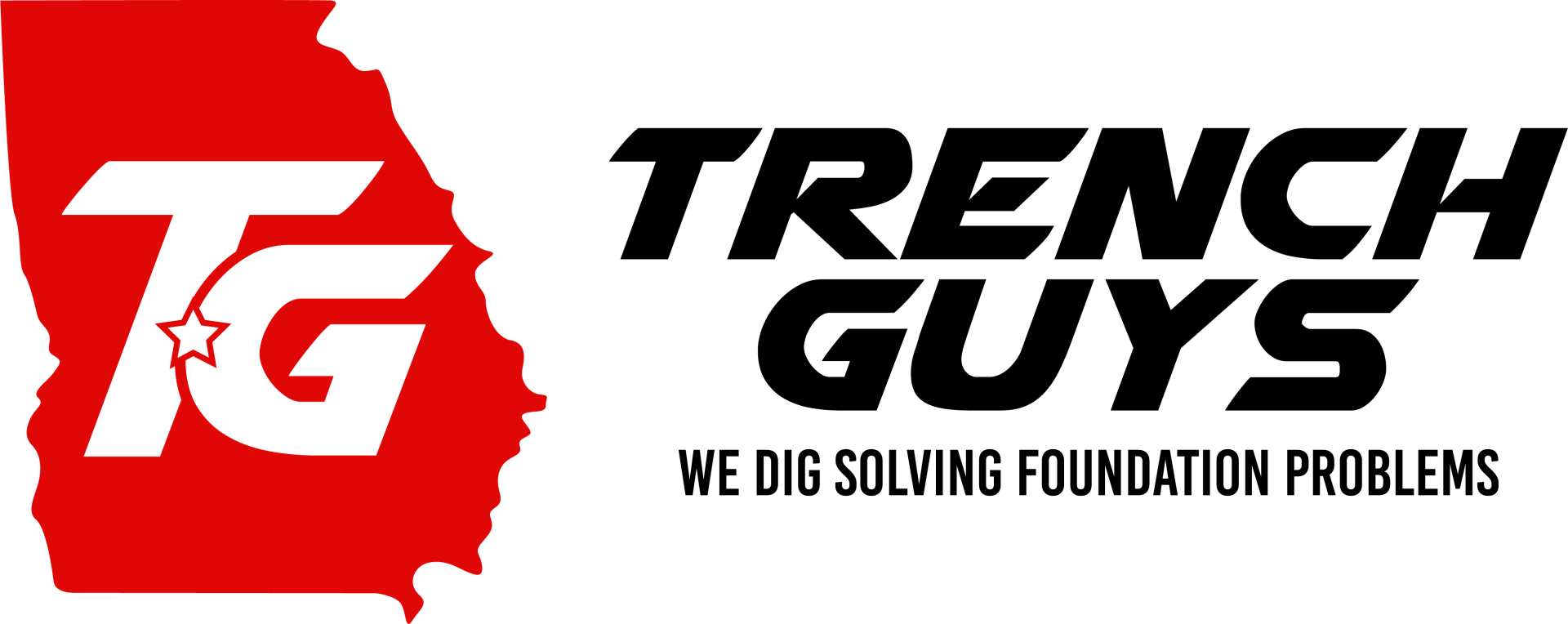NOW IS THE TIME TO...
Claim Your FREE Crawl Space Inspection!

Foundation Stabilization In Macon, GA
John Ryan: 478-236-6403
Schedule Your Free estimate!
No-Obligation, Free Inspections
No-Obligation Free Estimates
We Warranty All of Our Work
100% Satisfaction Guaranteed
The Benefits of Foundation Stabilization for Your Home: How to Protect Your Property from Unstable Foundations and Avoid Costly Repairs
Have you been worrying about the security of your house's base? You have company. Unfortunately, foundation stabilization is often overlooked by homeowners despite its critical role in preserving a building's structural integrity and preventing future maintenance expenses. In this article, we'll discuss why foundation stabilization is so important, and how to do it yourself.
Macon, GA
Basement Waterproofing

Introduction to Foundation Stabilization
Stabilizing a building's foundation means fortifying it against the future settlement, cracking, and damage. When a home's foundation fails, it can cause major issues including cracks in the walls and ceilings, leaky pipes, and even the collapse of the entire structure.
Soil conditions, weather changes, and subpar building techniques are just a few of the causes of foundation instability. Fixing any foundation problems right now is crucial if you want to keep your home safe and secure.
Depending on the nature of the problems that need fixing, there are a variety of approaches to foundation stabilization. Slabjacking, in which concrete is pumped under the foundation to level it, is another frequent technique, as is wall stabilization, in which the foundation's walls are reinforced to avoid cracking and bowing.
Finding a reliable and competent contractor who can examine the problem thoroughly and offer the best course of action is essential for any foundation stabilization project. You can make sure your house is secure, sound, and durable if you take the correct approach and hire the right people to work on it.
Causes of Foundation Instability
Soil conditions, weather changes, and subpar building techniques are just a few of the causes of foundation instability. Several frequent reasons include:
- Soil conditions: Depending on the soil type and its current condition, your foundation's strength can vary greatly. In the case of clay soils, for instance, expansion and contraction in response to variations in moisture levels can lead to foundation movement and settlement. Similarly, hydrostatic pressure brought on by soils with a high water table can cause the foundation to shift and break.
- Weather changes: Extreme weather, such as flooding or a lack of precipitation, can also weaken a building's underlying structure, making it unstable. Erosion of the soil beneath the foundation might be caused by excessive precipitation and weaken its stability. In contrast, soil shrinking brought on by drought might result in foundation settling.
- Poor construction practices: A foundation's stability might be compromised by sloppy construction methods. For instance, the foundation can weaken over time if it is not strengthened adequately or if it is not constructed on a sufficiently stable surface.
- Age of the building: Additionally, the foundation's instability may be caused by the building's age. A building's foundation can deteriorate with time, causing problems like cracking, settling, and even collapse.
It's crucial to remember that poor construction quality at the time of building is occasionally to blame when there are problems with the foundation. An examination and evaluation can help find the root of the problem and point you in the right direction for fixing an unstable foundation.
Macon, GA
Foundation Waterproofing

Different Types of Foundation Stabilization
Depending on the nature of the problems that must be fixed, many techniques can be utilized to stabilize a foundation. Common methods of shoring up a building's underpinnings include:
- Underpinning is a technique used to fortify a building's base by inserting a layer of reinforcement below the existing foundation. Piers or pilings driven into the ground can be used for this, or the soil around the foundation can be dug up and replaced.
- Slabjacking is a technique for leveling a foundation by injecting concrete under it. A combination of concrete and earth can be injected through holes drilled in the foundation to achieve this.
- Wall stabilization is a technique used to minimize cracking and bowing of the foundation walls by reinforcing them. Extra support can be added by setting up carbon fiber straps or steel beams.
- Injecting a cement and water mixture into the voids and weak soil beneath the foundation is called grouting.
- The helix-shaped plates at the base of steel shafts are screwed into the ground to provide support for the foundation in a method known as helical piering.
Note that not all soil types or foundation types can use the same foundation stabilizing techniques. A competent contractor inspection and assessment is necessary to decide the optimal line of action.
It's also worth noting that the local building authority may need to issue permits and conduct inspections for some of these approaches.
Benefits of Foundation Stabilization
There are a wide variety of advantages that can accrue to homeowners from foundation stabilization.
- The most obvious advantage of foundation stabilization is that it protects your property from the deterioration that might result from settling, cracking, and other problems. A strong foundation is crucial to the long-term health of your home's structure and to your family's peace of mind.
- Foundation stabilization helps to prevent the costly repairs that can result from an unsteady foundation if it isn't addressed. Preventing the need for these pricey fixes and saving money in the long term is possible with early foundation stabilization.
- Boosting your home's resale value: Having a solid foundation is a selling factor that foundation stabilization may help you capitalize on.
- Saving money on energy bills. Stable framing ensures that doors and windows seal tightly, preventing air leakage and lowering heating and cooling costs.
- Preventing leaks that can lead to mold and mildew growth is another way in which a solid foundation can boost IAQ.
Eliminating cracks, uneven flooring, and other concerns that detract from a home's aesthetic appeal, foundation stabilization can improve the home's overall appearance.
Once the foundation is stabilized, homeowners can rest assured that their home is secure and will last for many years to come. As soon as you notice a problem with the foundation, you should take steps to fix it so that it doesn't get worse and requires more expensive repairs down the road.
Macon, GA
Waterproofing Company

Cost of Foundation Stabilization
The cost of foundation stabilization can vary greatly depending on the specific issues that need to be addressed, the size of the foundation, and the method of stabilization used.
On average, underpinning can range from $3,000 to $10,000, Slabjacking can cost around $3,000 to $7,000 and wall stabilization can range from $500 to $5,000. However, the cost can be higher depending on the size of the foundation and the complexity of the project.
It's important to note that foundation stabilization is considered a long-term investment, as it can help to prevent costly repairs and increase the value of your property in the long run.
Additionally, it's important to consult with a professional contractor for a proper assessment and a detailed cost estimate. Some factors that can affect the cost of foundation stabilization include:
- The type and condition of the soil
- The size and type of the foundation
- The extent of the damage
- The method of stabilization used
- The location of the property
- The cost of labor in the area
It is also advisable to get at least three quotes from different contractors to compare the costs and services offered.
In summary, foundation stabilization is an important investment for any homeowner, as it can help to protect your property and avoid costly repairs. It's important to consult with a professional contractor and get a detailed cost estimate before making a decision.
DIY Foundation Stabilization
It's tempting to try stabilizing your foundation on your own, but this is a job best left to the experts. Do-it-yourself foundation stabilization projects can be dangerous and could end up doing more harm than good to the house.
Repairing a building's foundation calls for specific tools and an understanding of relevant safety requirements. In addition, the source of the instability and the best approach for stabilization must be identified by a thorough evaluation of the foundation. Without these skills and tools, attempting to stabilize a foundation on your own can cause major structural damage and even pose safety risks.
It is also crucial to get the necessary permissions and inspections from the local building authorities before beginning any work on stabilizing the foundation, as is the case with underpinning, for example.
Remembering that foundation stabilization is an investment with a long time horizon means doing the job correctly the first time around. Hiring a professional contractor is the best way to make sure your home's foundation is stabilized properly and that it will last for years to come.
The bottom line is that stabilizing a foundation is a job best left to the experts. DIY foundation stabilization is not without risk, and it could end up doing more harm than good to your home. Consult a skilled contractor for advice and an accurate assessment before making any final choices.
Macon, GA
Waterproofing Basement Floor

Professional Foundation Stabilization
The only way to know for sure that your home's foundation is stabilized properly and securely is to have it done by a professional. You should hire a professional contractor because they have the training, experience, and tools to evaluate your foundation and recommend the best course of action for stabilization.
It's crucial to use a contractor that is reputable, licensed, and well-insured while working on stabilizing a building's foundation. Before beginning the job, a reputable contractor will be able to supply you with references and a comprehensive estimate of costs.
A licensed contractor will inspect the foundation carefully to identify the root of the problem and provide advice on how to fix it. Furthermore, they will be equipped to carry out the stabilization in accordance with all applicable safety and building laws in their area.
The peace of mind and confidence that comes with knowing you have recourse to the contractor in the event of any problems in the future is one more reason to hire a skilled contractor.
In conclusion, if you want your home to be safe and secure, you need to hire an expert to stabilize your foundation. If you hire a professional, they will conduct a thorough job and secure your home for the long run.
Foundation Stabilization Techniques
While there are a number of methods that can be utilized to stabilize a foundation, the one that is most effective will depend on the unique circumstances. Common methods of bolstering a building's underlying structure consist of:
- Underpinning: Underpinning is a technique that involves strengthening the foundation by adding support beneath it. This can be done by installing piers or pilings into the soil, or by excavating and replacing the soil beneath the foundation.
- Slabjacking: Slabjacking is a technique that involves leveling a foundation by pumping concrete under it. This can be done by drilling holes in the foundation and injecting a mixture of concrete and soil-based materials.
- Wall stabilization: Wall stabilization is a technique that involves reinforcing the walls of the foundation to prevent cracking and bowing. This can be done by installing carbon fiber straps or steel beams to provide additional support.
- Grouting: Grouting is a technique that involves filling voids and weak soil beneath the foundation by injecting a mix of cement and water.
- Helical Piers: Helical piers is a technique that involves installing steel shafts with helix-shaped plates at the bottom is screwed into the soil to support the foundation
- Mudjacking: Mudjacking is a technique that involves pumping a slurry of concrete and soil beneath the foundation to lift and level it.
Keep in mind that not all soils or foundation types can benefit from the same foundation stabilizing methods. A competent contractor inspection and assessment is necessary to decide the optimal line of action.
Macon, GA
Foundation Sealing

Foundation Stabilization Maintenance
A sturdy and secure foundation requires regular upkeep after it has been established. Homeowners can do a number of things to keep their foundation in good shape:
- Keep a watch out for cracking, settling, or uneven floors as warning indications of foundation instability. If you see any of these problems, you should have a licensed contractor take a look.
- The soil and drainage around your home can have a major effect on the stability of your foundation, so it's important to monitor both. Make sure there is no pooling water near your house and that the land drains effectively.
- It's important to keep an eye on the forecast, as extreme weather can lead to structural damage in buildings. If there's a chance of flooding or drought, you should prepare your home's structure accordingly.
- If you use a lot of water in your home, the soil around your foundation may become too wet and cause it to shift. Reduce your water consumption if you find that you need to.
- To make sure your foundation is sturdy and secure, it's a good idea to have a professional contractor evaluate it at regular intervals.
Homeowners can aid in the long-term stability and security of their foundation by following these procedures. Remember that foundation stabilization is a continuing process, and that frequent maintenance is critical to the long-term health and security of your home.
Frequently Asked Questions About Foundation Stabilization
-
What are the most common causes of foundation instability?
Poor construction methods, shifting soil conditions, and extreme weather are the most prevalent triggers of foundation instability.
-
Why is it a good idea to stabilize your foundation?
Property protection, avoided repairs, increased home values, lower energy bills, better indoor air quality, and a more aesthetically pleasing home are just some of the many advantages of foundation stabilization.
-
What are some methods used in foundation stabilization?
Underpinning, slab jacking, wall stabilization, grouting, and helical piers are all examples of foundation stabilization techniques.
-
Is it recommended to perform DIY foundation stabilization?
Foundation stabilization is not a job for a do-it-yourselfer, as it is a sophisticated and potentially risky job. If you try to stabilize the foundation yourself, you could end up with major structural problems and even safety hazards.
-
When it comes to foundation stability, what are the rules and codes established by the government agencies look like?
It is crucial to check with the local building authorities to make sure that all licenses and inspections are obtained in accordance with their specific legislation and building codes regarding foundation stabilization. If you want to follow the rules and go by the construction laws, then you need to employ a contractor that is licensed, insured, and has a solid reputation.
Our Moisture Control Services
At Trench Guys, we are proud to offer Crawl Space Moisture Control Services to the residents of Macon, GA. Please take a moment and see all of our Crawlspace Moisture Control related services.
When it comes to crawl space moisture control, you can count on Trench Guys. So don't delay! Call us now at 478-236-6403 to schedule a FREE crawl space inspection and estimate!
Our Crawl Space Repair Services
At Trench Guys, we are proud to offer Crawl Space Repair Services services to the residents of Macon, GA. Please take a moment and see all of our Crawlspace Repair Services.
When it comes to crawl space moisture control, you can count on Trench Guys. So don't delay! Call us now at 478-236-6403 to schedule a FREE crawl space inspection and estimate!
About Our Crawlspace Services in Macon, GA
At Trench Guys, we are proud to offer expert crawl space services to homeowners and businesses in Macon, GA.
Our team of experienced technicians is dedicated to helping you maintain a healthy, comfortable living environment through professional crawl space encapsulation, waterproofing mold removal and foundation repairs.
01. Speak To One of Our Crawl Space Experts
First, contact our customer support team. Tell our friendly crawl space experts about your problem and what issues you're facing.
02. Schedule A Free Inspection & Estimate
Schedule a 100% free no-obligation crawl space inspection and if we find any issues to repair or improvements for you to consider, we will provide you with a free estimate for you to consider with zero pressure.
03. Restore Your Home & Your Families Health
If you decide you would like us to fix your crawlspace issues, we will schedule a date that works best for you and perform the work needed to restore your crawl space.
When it comes to a wet crawl space, fast response is crucial. So don't delay! Call us now at 478-236-6403 for immediate help!

Written by John Ryan
Founder of Trench Guys
John Ryan has been specializing in crawlspace and foundation repair for over 10 years. John has prior experience in residential construction all across the south east that prepared him for solving complex problems related to crawlspace moisture control and settling foundations, he is one of Middle Georgias top experts in foundation repairs. As the Founder of Trench Guys LLC he is the crawl space specialist that locals in Macon depend on to fix their crawl space problems right the first time.
Looking for a reliable and professional company to take care of your crawl space, basement and gutter needs? Look no further than Trench Guys! We have years of experience in the industry and can provide you with top-quality services at a competitive price. Contact us today to get started!
CONTACT INFORMATION
Phone: 478-236-6403
Email: Wedigmiddlega@gmail.com
Address: Macon, GA
Business Hours:
Mon-Fri: 6:00 AM - 5:00 PM
Sat-Sun: Closed
ADDITIONAL INFORMATION
Us Across The Web
Geo
Neighborhoods
Niche
All Rights Reserved | Trench Guys
Privacy Policy | Terms & Conditions | Sitemap


